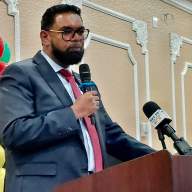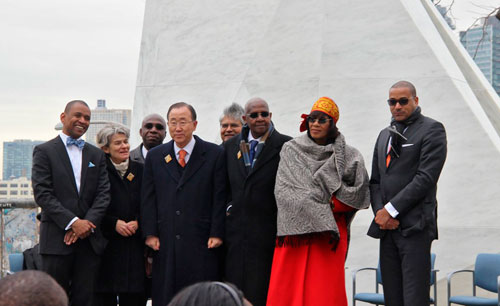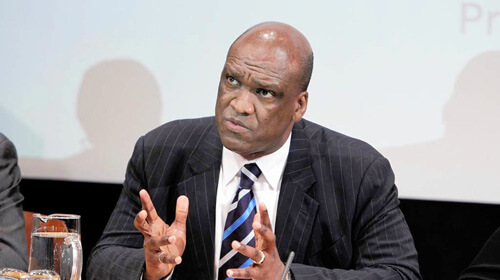Reiterating its conviction of the need for the eradication of colonialism, the United Nations Fourth Committee (Special Political and Decolonization) has approved decolonization for several Caribbean territories.
In concluding its annual consideration of the question of decolonization on Monday, the committee forwarded 11 draft resolutions to the General Assembly, six of them approved without a vote.
The committee approved by consensus its omnibus draft resolution on questions of Anguilla, Bermuda, British Virgin Islands, Cayman Islands, Montserrat, Turks and Caicos Islands and the United States Virgin Islands.
It also approved by consensus resolution on American Samoa, Guam, Pitcairn and Saint Helena.
The text would have the General Assembly reaffirm that, in the process of decolonization, “there was no alternative to the principle of self-determination, which is also a fundamental human right, as recognized under the relevant human rights conventions.”
In a series of provisions concerning the administering powers of the 17 Non-Self-Governing Territories on the United Nations list, the assembly would “reaffirm those governments’ responsibility to promote the Territories’ economic and social development and take all measures necessary to protect their environments.”
The assembly would call on the administering powers to participate in and cooperate fully with the United Nations Special Committee on Decolonization.
The terms of draft resolution VII, on Questions of American Samoa, Anguilla, Bermuda, the British Virgin Islands, the Cayman Islands, Guam, Montserrat, Pitcairn, Saint Helena, the Turks and Caicos Islands and the United States Virgin Islands, would have the General Assembly “reaffirm that it is ultimately for the peoples of the Territories themselves to determine freely their future political status.”
It would also have the assembly urge member states to “contribute to the efforts of the United Nations to usher in a world free of colonialism.”
But speaking after passage of the draft, the representative of the United Kingdom, called the approach of the Decolonization Committee “outdated”, claiming that it failed to take into account “how the relationship between the United Kingdom and its Overseas Territories had modernized.”
He, therefore, said some of the language in the resolution was “unacceptable” to the United Kingdom.
Last week, the Caribbean Community (CARICOM) reiterated its deep concern about the political crisis in the Turks and Caicos Islands.
Speaking on behalf of CARICOM, Trinidad and Tobago Ambassador to the United Nations, Rodney Charles, told the Fourth Committee’s annual debate that the political crisis, precipitated by the three-year suspension of elected governments in the Turks and Caicos Islands in 2009, has been the subject of “particular concern at the highest political level of CARICOM.
“A fact-finding mission sent to the islands has found that the conduct of a referendum was vital,” he said.
“The report of the fact-finding mission has affirmed that it was the responsibility of the administering power to provide the means for full self-determination, and to ensure that the same standards of democracy that prevail in the United Kingdom should be extended to the Territory,” he added.
Charles said that decolonization remains “an unfinished business” in the second decade of the 21st century and the Third International Decade for the Eradication of Colonialism.
He noted that the committee heard petitioners every year about democratic deficiencies in the remaining Non-Self-Governing Territories, adding that the resumption of formal cooperation between the administering powers and the Fourth Committee was “crucial to achieving the goal of decolonization.”
























